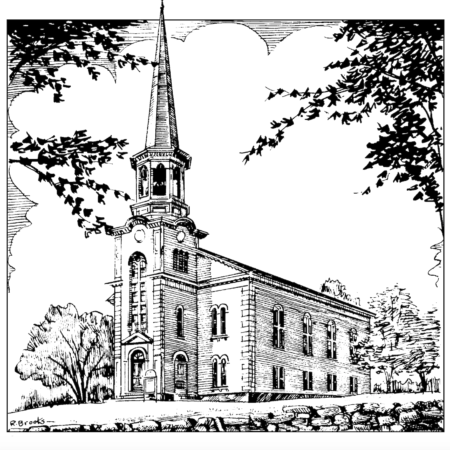Coveting
Matthew 20:1-16
20“For the kingdom of heaven is like a landowner who went out early in the morning to hire laborers for his vineyard. 2After agreeing with the laborers for the usual daily wage, he sent them into his vineyard. 3When he went out about nine o’clock, he saw others standing idle in the marketplace; 4and he said to them, ‘You also go into the vineyard, and I will pay you whatever is right.’ So they went. 5When he went out again about noon and about three o’clock, he did the same. 6And about five o’clock he went out and found others standing around; and he said to them, ‘Why are you standing here idle all day?’ 7They said to him, ‘Because no one has hired us.’ He said to them, ‘You also go into the vineyard.’ 8When evening came, the owner of the vineyard said to his manager, ‘Call the laborers and give them their pay, beginning with the last and then going to the first.’ 9When those hired about five o’clock came, each of them received the usual daily wage. 10Now when the first came, they thought they would receive more; but each of them also received the usual daily wage. 11And when they received it, they grumbled against the landowner, 12saying, ‘These last worked only one hour, and you have made them equal to us who have borne the burden of the day and the scorching heat.’ 13But he replied to one of them, ‘Friend, I am doing you no wrong; did you not agree with me for the usual daily wage? 14Take what belongs to you and go; I choose to give to this last the same as I give to you. 15Am I not allowed to do what I choose with what belongs to me? Or are you envious because I am generous?’ 16So the last will be first, and the first will be last.”
Historical Context
By the accounts in the New Testament and other writings, we know that there must have been an enormous number of jobless (and often homeless) people waiting at any given day, for work. Usually, they had lost their farms due to mounting debt and flocked to the cities and towns to look for urban or agricultural work. They waited in the marketplace, the ancient equivalent of the employment bureau. They got by day-to-day during the harvest season, but had to beg or starve during the off seasons. The Greek word, denarius, can be understood as the most basic minimum living wage. It was one step up from starvation. It was the least that an employer could offer and still guarantee that his pool of workers would not die and he would be without a workforce.
Theme: Coveting
The parable of the laborers in the vineyard is about the 9th (and 10th) commandment. In a very real sense this parable is about coveting.
We covet what God chooses to give to others. A parable is essentially an elaborate allegory. We are invited to see ourselves in the story, and then apply it to ourselves. The wages at stake are not actual daily wages for vineyard-laborers, but forgiveness, life, and salvation for believers. And in relationship, one believer to another, covetousness is a problem. The point here isn’t necessarily that other folks receive blessings from God that we don’t — that they get more or better or lovelier gifts from God. The problem is that they get the same as us; and they don’t deserve it, do they? They are less worthy, or later arrivals.
We have a tendency, as the parable aptly illustrates, to covet and to be resentful of what others receive from God. The owner of the vineyard asks those who have worked longest and (presumably) hardest for him, “Am I not allowed to do what I choose with what belongs to me? Or are you envious because I am generous?” The point is that God’s grace, mercy, and forgiveness are God’s to give away as God sees fit.
The parable indicates we are all equal recipients of God’s gifts. But, we often covetous and jealous when God’s gifts of forgiveness and life are given to others in equal measure.


0 Comments